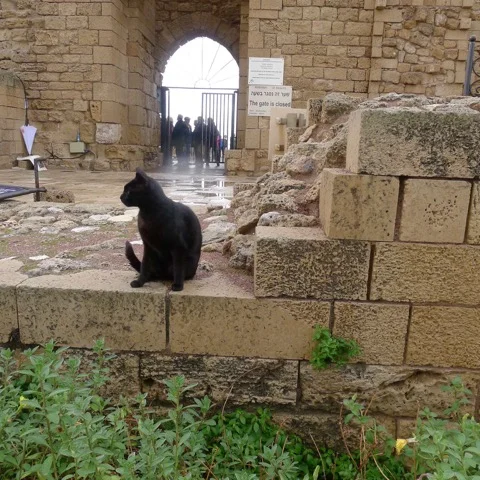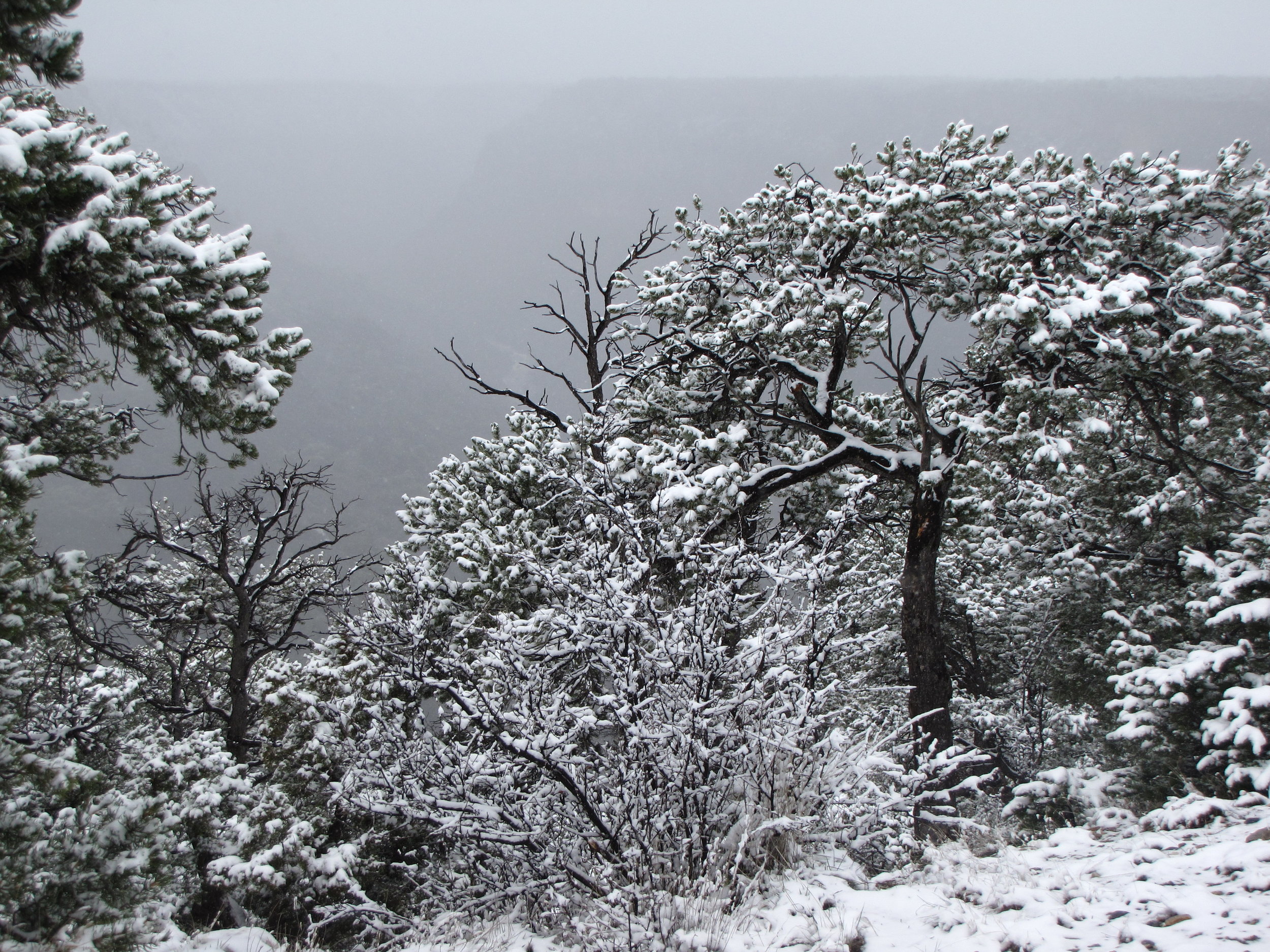The Trees Don’t Know What Day It Is (Rev. Tom VandeStadt)
Even while I dreamed I prayed that what I saw was only fear
and no fortelling,
for I saw the last known landscape destroyed for the sake
of the objective, the soil bulldozed, the rock blasted.
Those who had wanted to go home would never get there
now.
I visited the offices where for the sake of the objective the
planners planned
at blank desks set in rows. I visited the loud factories
where the machines were made that would drive ever
forward
toward the objective. I saw the forest reduced to stumps and
gullies; I saw
the poisoned river, the mountain cast into the valley;
I came to a city nobody recognized because it looked
like every other city.
I saw the passages worn by the unnumbered
footfalls of those whose eyes were fixed on the objective.
-- Wendell Berry
The Trees Don’t Know What Day It Is
The birds wake me just before light. Not a few gently breaking the silence now and then, but thousands whistling loudly in the forest canopy. Still mostly dark, I step outside the tent and walk beside the meadow. Under some pine a doe strides by. We see each other and stand silently still, looking into each other’s eyes.
Suddenly, I’m struck by a question, what day is this?
I don’t know. I have no idea.
Then comes a realization, the trees don’t know what day it is. The doe doesn’t know what day it is, she doesn’t work on weekdays and take the weekend off. The grass, the squirrels, the birds, even the sun by which we measure our days, they don’t know what day it is. In the wild, there’s no such thing as Monday, Tuesday or Wednesday. Wild ones don’t name months, number years.
Wild ones do note time, though. Every morning, just before light, one moment it’s silent, the next all the birds start in together. They know time. But they don’t know its 5:45 a.m. on a Tuesday morning in the month of June in the year 2017. That’s a human construct. A human way of measuring and naming time, structuring and regimenting our lives according to time. It’s just one of the ways we domesticate ourselves and the world, one of the ways we seek to be in control by making ourselves and the earth less out of control, less wild.
On the edge of that meadow, I watch sunlight seep into the forest, liberated from that human construct of time. Liberated from the habit of structuring my life according to time that I divide, name and number. Right here and now, it’s just this. First light, chilly air, birds, doe, meadow, trees, me. No Monday, Tuesday or Wednesday superimposed on the earth’s wildness.
I often wonder, to what extent have I lost a deep-felt connection to the earth’s wildness? To a large extent, I think. I live in a city that every day looks more like every other city, where the imprint of human “development” dominates the landscape, my perception of reality and how I live my life. Just about everything is measured, surveyed, mapped, named, appraised, divided, managed, paved over, built on, bought, sold, fenced in, fenced out, or in some other way brought under a degree of human control. Life is structured by time to do this, time to do that, and the avoidance of that human-created hell called “rush hour.” It’s domesticated. Including me, the citified human, living in an urban cultural bubble with a thick layer of high-tech human civilization between me and the rapidly diminishing wild earth.
Yet I hunger for the wild earth, and for my own deep strain of wildness. I return to places wilder than where I live as often as I can, places where I feel more fully human, more fully alive. I evolved from the wild earth. Not only do I have stardust and seawater in my veins, I have earth’s wildness in my heart. Over-domesticated, I suffer a diminishment of my true nature. At least I know the proper medicine.
This leads me to ask a question, one I consider spiritual, what’s the optimal balance between wildness and domesticity for us humans? Wildness and domesticity is a polarity we face as a species. The earth is a wild living organism within which we evolved. We are of the wild, yet we domesticate ourselves, one another and much else on earth. We find it difficult to tolerate what’s out of our control, the wild. So we try to bring it under our control, and when we do, use it to our advantage. But at what point do we over-domesticate ourselves and the earth? Seek too much control, tame and manage or kill too much of the wild? At what point do we impose too much human civilization on ourselves and the earth without leaving enough that’s wild?
One aspect of human wisdom is the ability to discern what healthy and wholesome wildness and domesticity look like in a human, and how to strike an optimal balance between the two. We’re not that wise, though. We’re sorely out-of-balance, skewed too far on the side of taming, suppressing, controlling, managing and killing what’s wild. Both inside us and around us. Yes, our wildness still comes out in the ways we find to blow off steam, let loose, go crazy, distract ourselves or veg out. But too often, these ways don’t honor the true nature of our earthy human wildness. And our many efforts to impose human control over the earth are producing “the sixth extinction” and “biological annihilation.” At an alarming rate we’re diminishing and killing what’s wild on this earth.
I hope that our individual and collective wisdom is deepening and spreading. The question is, will the wisdom that can transform us and our relationship to the wild earth deepen and spread quickly enough? Will we find our true place within our wild home before we destroy so much that it’s no longer home?
###
Rev. Tom VandeStadt is pastor at Congregational Church of Austin, TX, a leading social justice and environmental advocate, a practicing Buddhist, and cofounder of AllCreation.org. Read more of his writings here.






